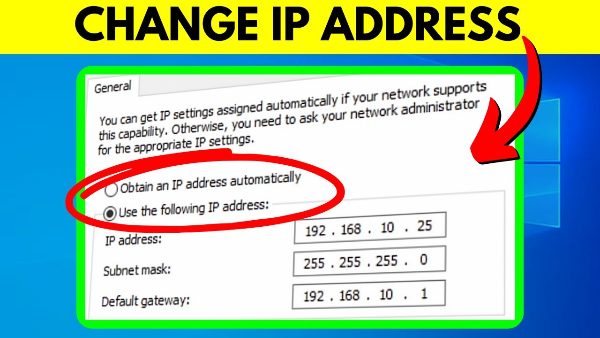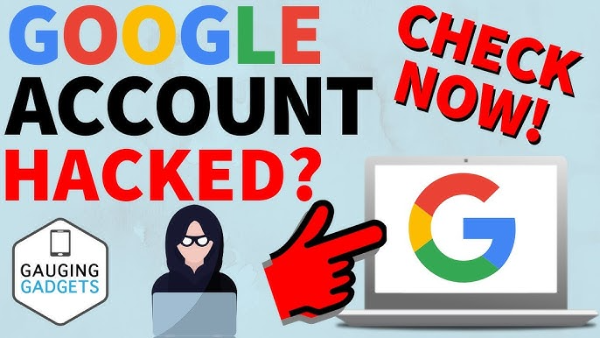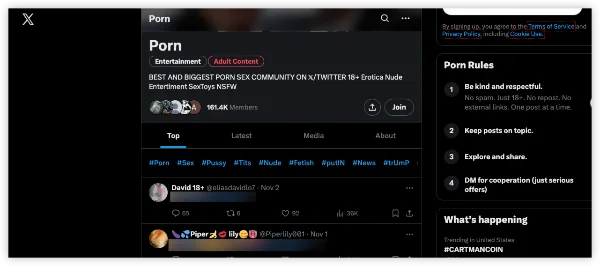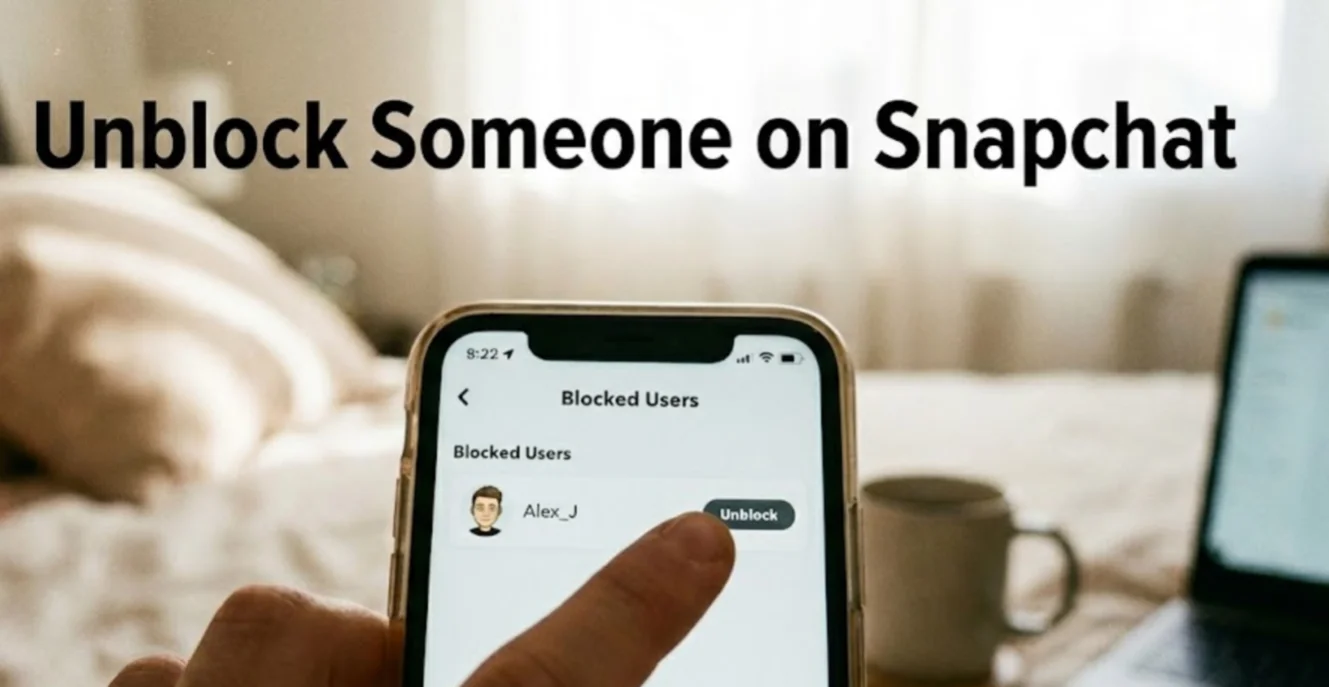Why Smart TVs Are Privacy Nightmares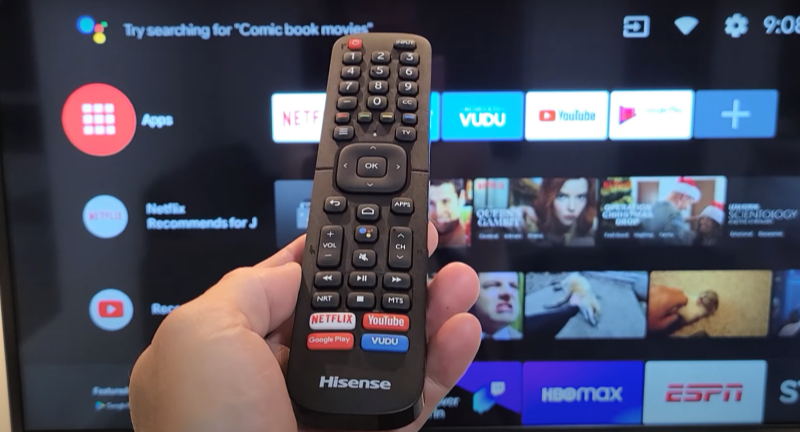
Smart TVs collect more data than you think—and not just your Stranger Things habits. Here’s why they’re vulnerable:
Weak Default Security: Many lack regular firmware updates, leaving exploits unpatched.
Ad Tracking: Samsung’s 2022 scandal revealed TVs transmitting viewing habits to third parties.
Public IP Exposure: Hackers can pinpoint your location and target connected devices.
Case Study:
A Reddit user reported hackers accessing their Smart TV’s camera via an unsecured app. A VPN could have masked their IP and blocked unauthorized access.
A VPN doesn’t just hide your location—it slams shut these digital backdoors.
3 Unbeatable Benefits of a Smart TV VPN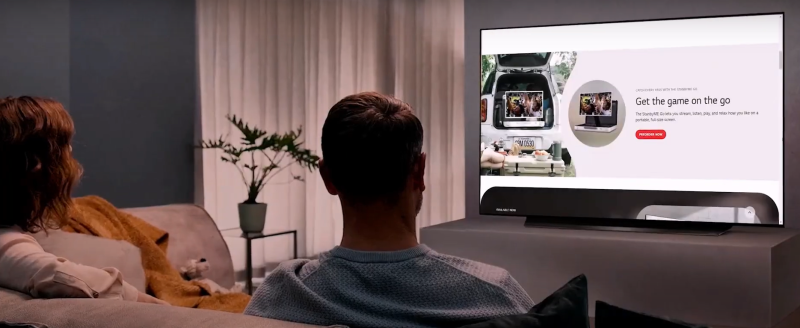
Using a VPN with your smart TV provides significant advantages:
1. Geo-Unblock Global Content Libraries
- Benefit: Bypass regional restrictions on streaming platforms like Netflix, Hulu, or BBC iPlayer.
- Example: Access the US Netflix catalog (6,000+ titles) from Europe.
2. Stop ISP Throttling
- Benefit: ISPs often throttle speeds during peak streaming times. A VPN hides your traffic type, ensuring smooth, high-quality (4K) streaming.
3. Block Ads and Trackers
- Benefit: Premium VPNs, such as Best free VPN, includes an ad blocker that stops intrusive trackers embedded in apps like YouTube.
How to Set Up a VPN on Streaming Devices: 3 Simple Methods
Method 1: Install a VPN Directly on Your Smart TV
- Supported Devices:
Android TV, Fire TV, some Samsung/LG models. - Steps:
- Download your VPN app (e.g., UFO VPN) from the TV’s app store.
- Log in and connect to a server in your desired country.
- Open streaming apps and enjoy buffer-free global content.
- Limitation:
Only about 30% of Smart TVs natively support VPN apps.
Method 2: Use a VPN Router (The Ultimate Shield)
- How It Works:
A VPN router encrypts all connected devices, including Smart TVs, gaming consoles, and smart speakers. - Steps:
- Choose a VPN-compatible router (e.g., Asus, Netgear).
- Install your VPN’s firmware (UFO VPN offers easy router configurations).
- Connect your Smart TV to the router’s WiFi.
- Pro Tip:
Use split tunneling to exclude devices that don’t need VPN protection (e.g. smart lights).
Method 3: Share a VPN Connection from Your PC
- Ideal For:
TVs without app stores or VPN router support. - Steps (Windows):
- Install your VPN (e.g. UFO VPN) on your PC.
- Navigate to Settings > Network & Internet > Mobile Hotspot.
- Enable “Share my Internet connection” and connect your TV to the hotspot.
- Drawback:
Requires your PC to remain on during streaming.
Comparison Table: VPN Setup Methods for Smart TVs
| Method | Supported Devices | Pros | Limitations |
|---|---|---|---|
| Direct App Installation | Android TV, Fire TV, some Samsung/LG | Easy setup via app store; dedicated VPN app interface | Only available on ~30% of Smart TVs |
| VPN Router | All devices connected to the router | Covers all connected devices; seamless protection | Requires compatible router & configuration |
| PC Connection Sharing | TVs without app stores | Ideal for unsupported TVs; no extra hardware needed | PC must remain on; less convenient |
Why UFO VPN Dominates Smart TV Security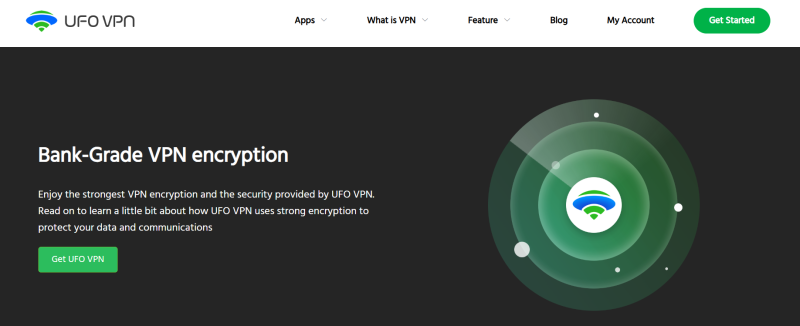
UFO VPN stands out among VPN services due to its:
1. Router-Friendly Setup
- Feature:
Pre-configured apps for popular routers (e.g., Asus, TP-Link, DD-WRT).
2. Smart DNS
- Benefit:
Bypasses geo-blocks without encryption overhead—ideal for 4K streaming.
3. No-Logs Policy
- Security:
Independently audited to ensure that your viewing habits remain private.
FAQ: Your Smart TV VPN Questions, Answered
Q1: Will a VPN slow down my Smart TV?
A: Premium services like UFO VPN use the WireGuard protocol, reducing speed loss to less than 5%.
Q2: Can I use a free VPN for my Smart TV?
A: Avoid free VPNs—they often lack robust encryption, leak IPs, and may fail to unblock content.
Q3: Does a VPN work with all streaming apps?
A: Most streaming apps are compatible, but some (e.g., Hulu) may block VPN IPs. UFO VPN frequently refreshes IPs to bypass such blocks.
Q4: Is it legal to geo-unblock content?
A: It’s a gray area, but most users face no penalties. Avoid using VPNs to access pirated content.
Q5: How do I update my VPN on a router?
A: UFO VPN auto-updates firmware, though it’s recommended to perform manual checks monthly.
Conclusion
Setting up a VPN on streaming devices transforms your Smart TV from a data-leaking liability into a secure, global entertainment hub. Whether you opt for direct app installation, a VPN router, or hotspot sharing, the key is choosing a provider like UFO VPN that balances speed, security, and simplicity. Don’t let geo-blocks or hackers dictate your streaming experience—take control today.


